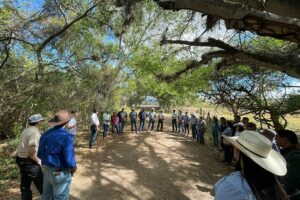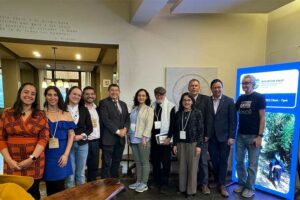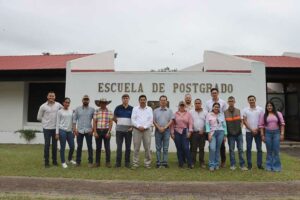Turrialba, the canton safeguarding one of the most important international coffee collections for the future
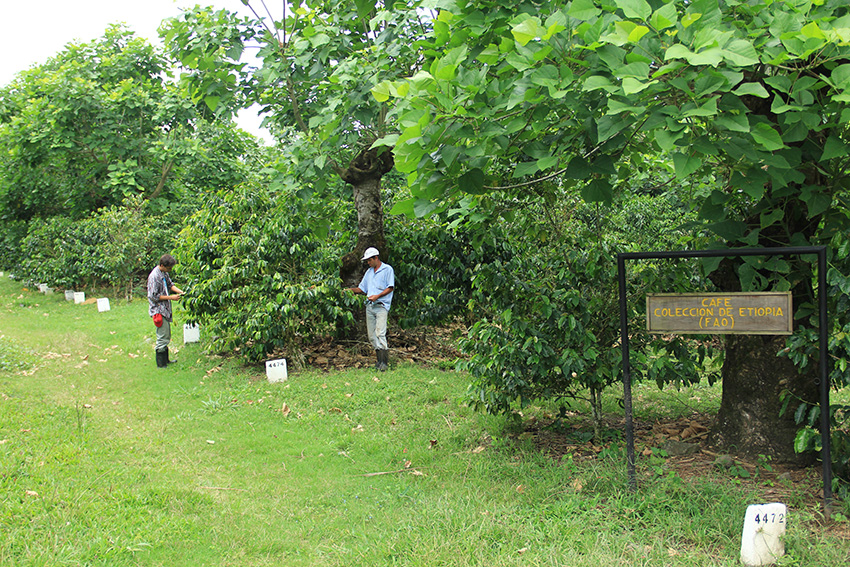
- Located at the headquarters of CATIE in Turrialba, this collection has been in existence since 1949 and is one of the four collections, along with the "Origin" collections in Africa, that safeguard the widest diversity of coffee on the planet.
October 1, 2023.For nearly 75 years, the CATIE (Tropical Agricultural Research and Higher Education Center) has contributed to the identification, use, and analysis of genetic diversity through its International Coffee Collection to ensure the sustainability of coffee farming worldwide, making it the fourth largest Coffea arabica collection on the planet and the second largest in Latin America. Coffea arabica más grande del planeta y la segunda de Latinoamérica.
Currently, this collection holds more than 2,000 accessions, and thanks to the significant diversity preserved, since the 1990s, the Center has been working on genetic improvement to develop hybrids that can offer varieties more resistant to Rust and other diseases, higher productivity, greater resilience to climate change, and better cup quality, thus strengthening the livelihoods of thousands of families in the Latin American region.
A Collection in the Process of Renewal
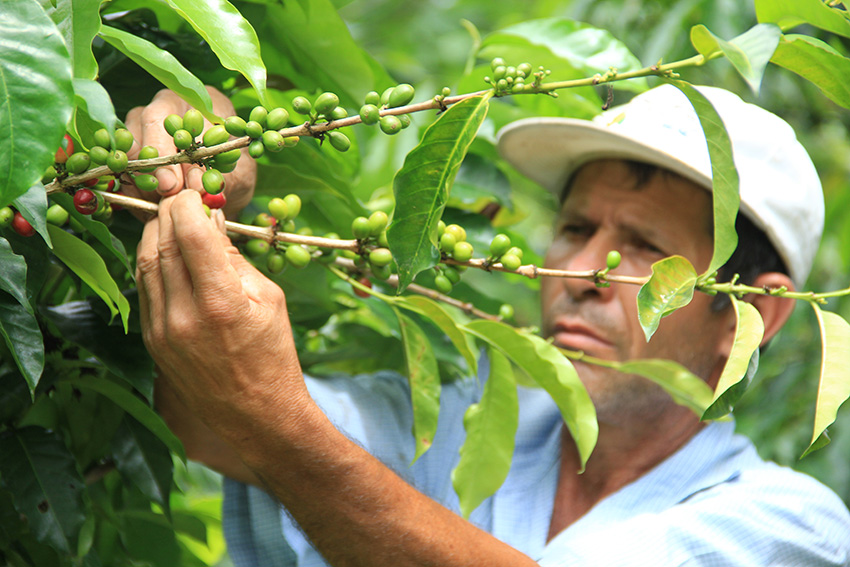
In 2020, conservation expert Ehsan Dulloo revealed that approximately 80% of the accessions in the International Coffee Collection were under threat due to the lack of preserved specimens of each, which could lead to their extinction.
To counter this existential threat, in 2021, with the support of Crop Trust and the International Treaty on Plant Genetic Resources for Food and Agriculture of the Food and Agriculture Organization (FAO) of the United Nations, CATIE embarked on a strategy for the rationalization and long-term preservation of coffee genetic resources. This strategy is divided into four crucial phases and began at the end of 2022.
"The renewal of the collection will not affect its strategic role in the region. This CATIE collection will continue to be a place for conservation but also for characterization studies, discovering accessions with desirable attributes, and for seed production. The current collection will continue to function until it is completely renewed," emphasized Rolando Cerda, Coordinator of the Agroforestry and Coffee and Cocoa Genetic Improvement Unit at CATIE.
The Four Phases for Coffee Genetic Resource Conservation
The first step involves relocating a total of 168 accessions identified as being at the highest risk of loss to the La Montaña farm, also located in Turrialba, where the soil is more suitable for cultivation.
The second phase will focus on relocating the entire International Coffee Collection; the third will involve duplicating it in cryopreservation, and the fourth will be a documentation effort made available to the general public. This systematic process is expected to be completed in approximately six years.
"This long-term conservation effort is essential to ensure we have the greatest diversity of germplasm to continue genetic improvement and thus offer producers new varieties with better characteristics than the current ones," said William Solano, a specialist in plant genetic resources and curator of CATIE's International Coffee Collection.
Fundraising for Collection Maintenance
As part of the ongoing efforts to conserve the collection, the company BIOCENFT has launched 12 Non-Fungible Tokens (NFTs) inspired by different coffee varieties, with the primary goal of generating economic resources for CATIE and the Specialty Coffee Association of Costa Rica (SCA.CR).
The funds raised will contribute to research, conservation, and promotion of the collection, as well as support the operations and financing of the Center's genetic improvement department and SCA.CR.
The 12 available NFTs are inspired by the Geisha, Wush-Wush, Mibirizi, Java, Rume Sudan, ET-47, SL-28, SL-34, Centroamericano, Milenio, Esperanza, and Casiopea varieties. They are available in Gold, Silver and Standard editions, with investments ranging from $20 to $12,000.
The sale and purchase of NFTs in collaboration with BIOCENFT, CATIE, and SCA.CR are already available on the official website: https://biocenft.com/.
"The future of the coffee cup is in our hands; large and small companies, producers, coffee enthusiasts, and consumers in general can contribute to this conservation effort of our collection," concluded Solano.
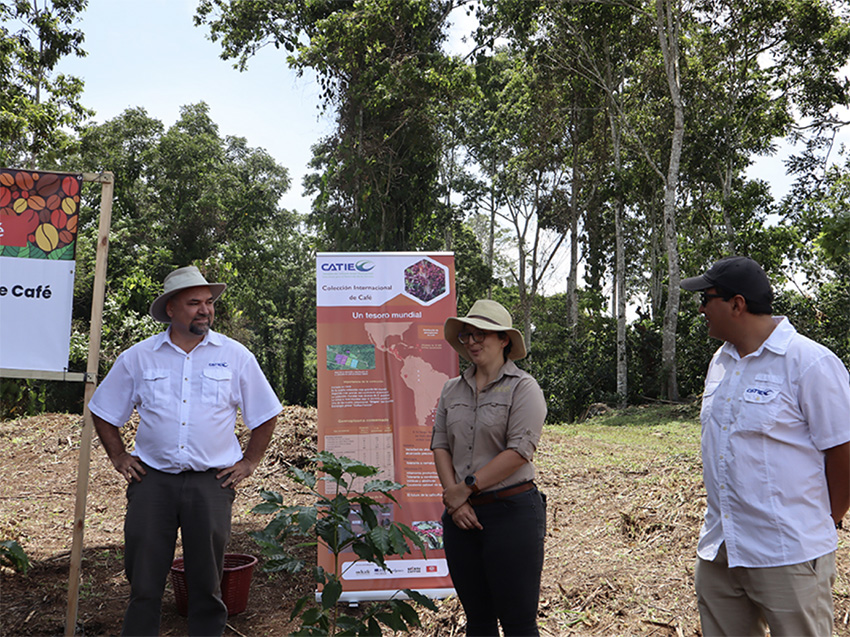
More information:
William Solano
Researcher in Phylogenetic Resources
Agroforestry and Coffee and Cocoa Genetic Improvement Unit
CATIE
wsolano@catie.ac.cr
Written by:
Dannia Gamboa Solís
Communications Officer
Information Technology and Communication
dannia.gamboa@catie.ac.cr

